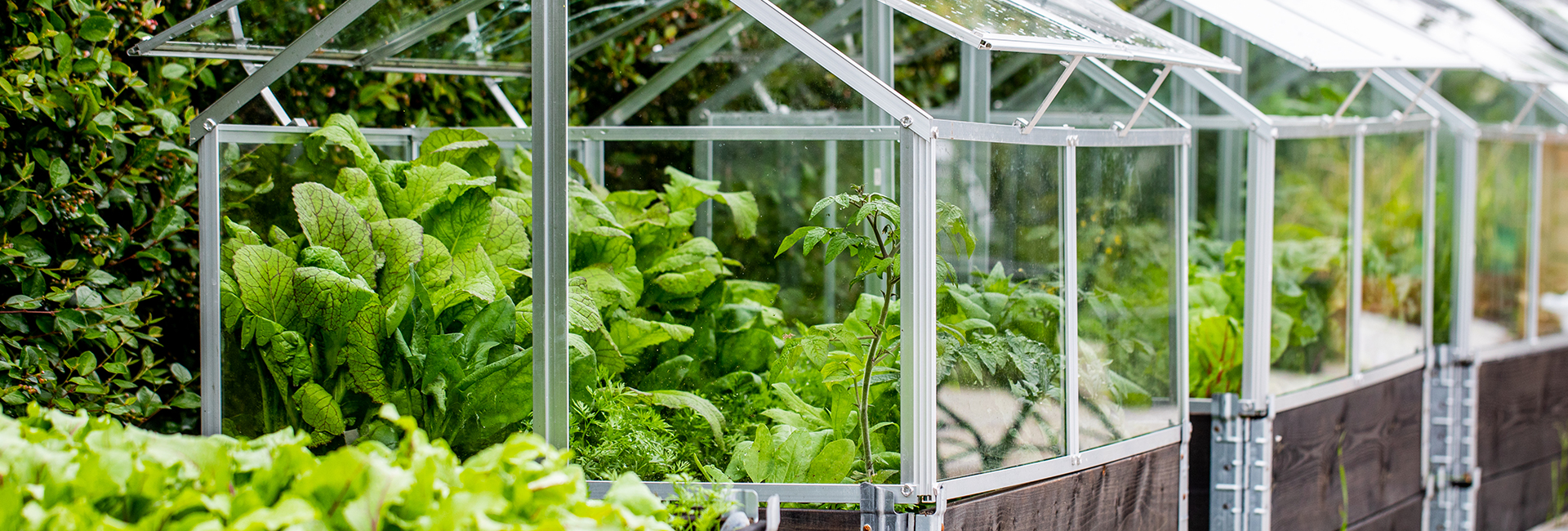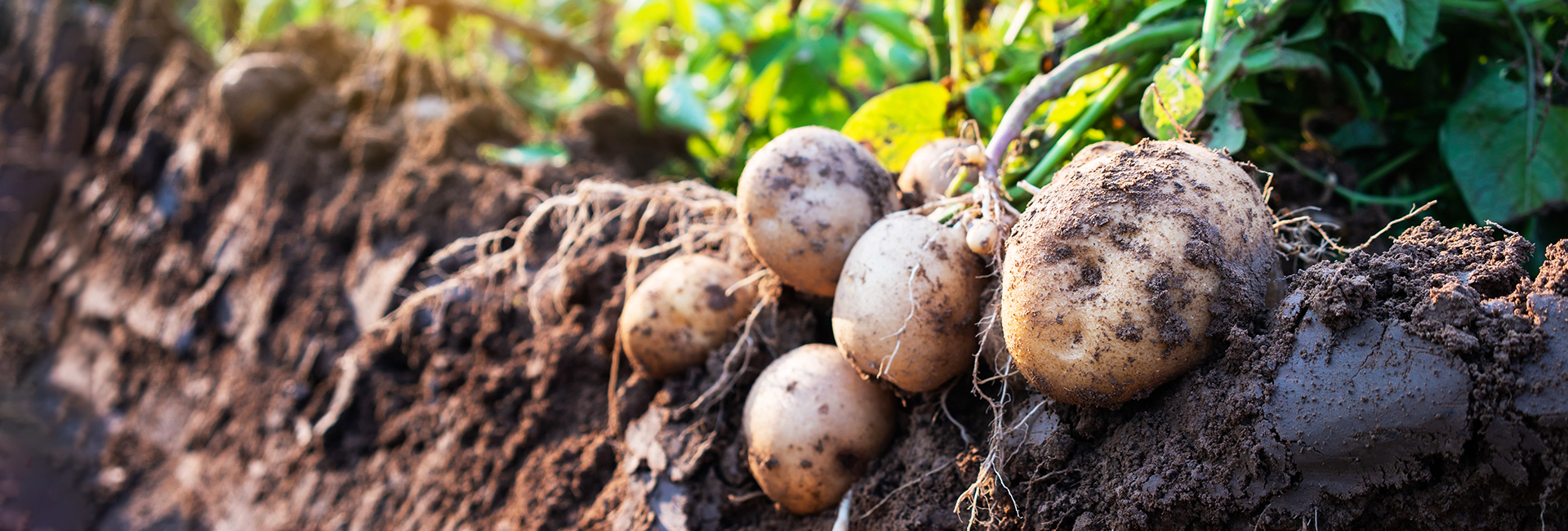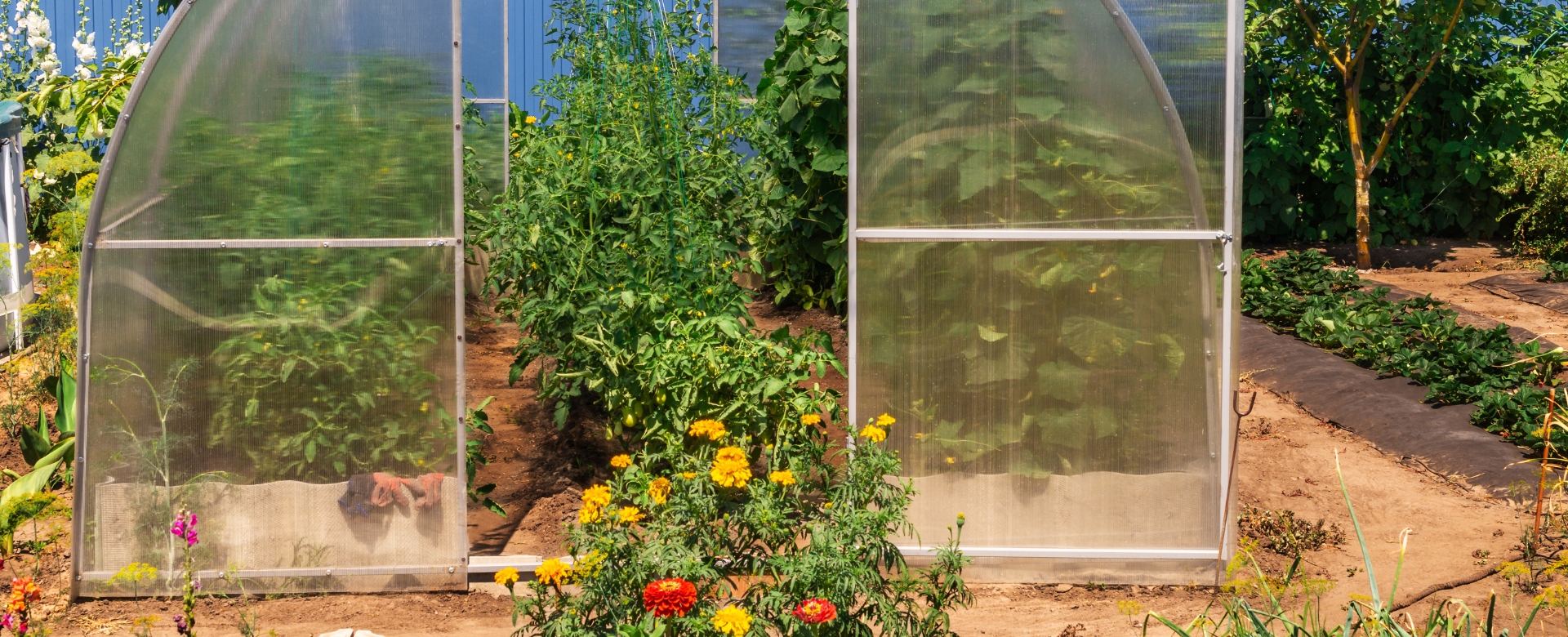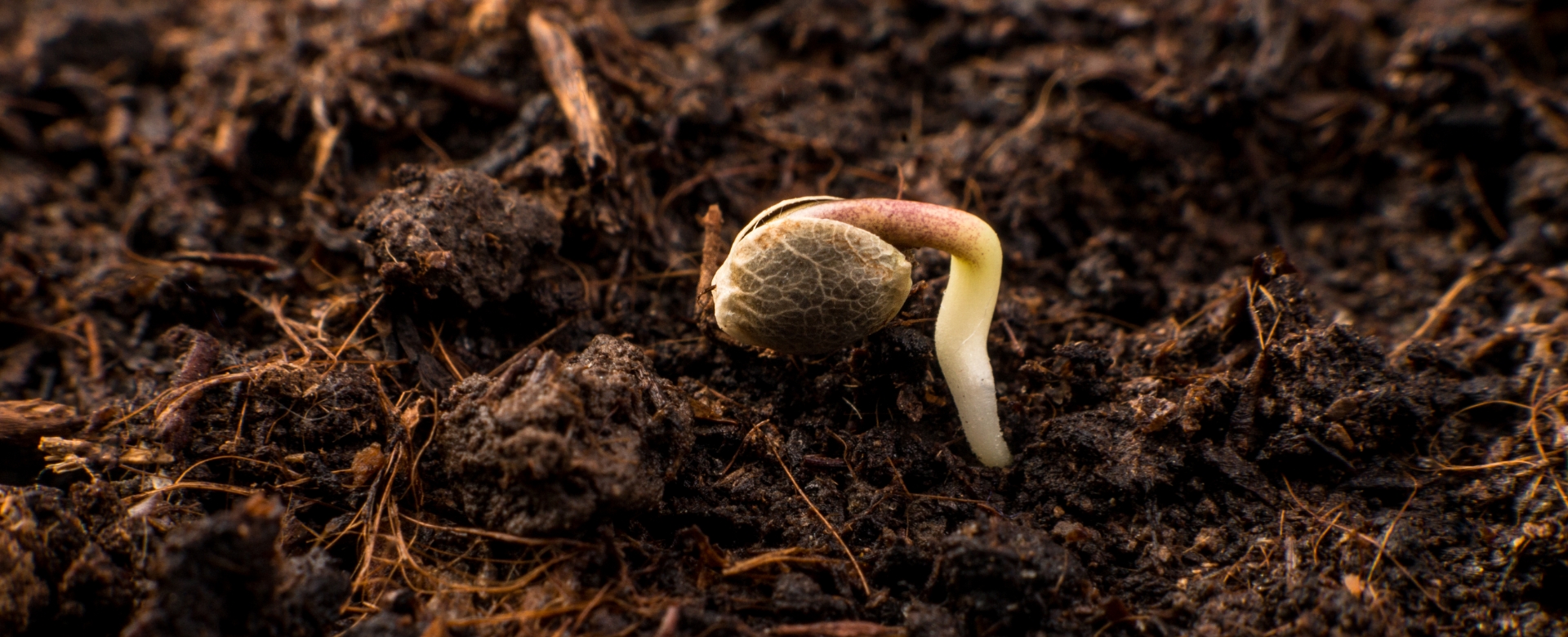Chilly winds of winter will be upon us soon. Many gardeners might think it’s time to put their raised bed gardens to rest until spring.
However, there’s a smart and sustainable way to keep your garden thriving even during the colder months: winter cover crops.
What are winter cover crops? A cover crop is a specific plant grown in your raised bed over winter. Cover crops offer numerous benefits including improving soil help, preventing erosion, and suppressing weeds, when your raised bed is not in use.
Which cover crops should you grow? Here’s a look at the top 11 winter cover crops for raised bed gardens that not only protect your soil but also enrich it for a vibrant spring garden.
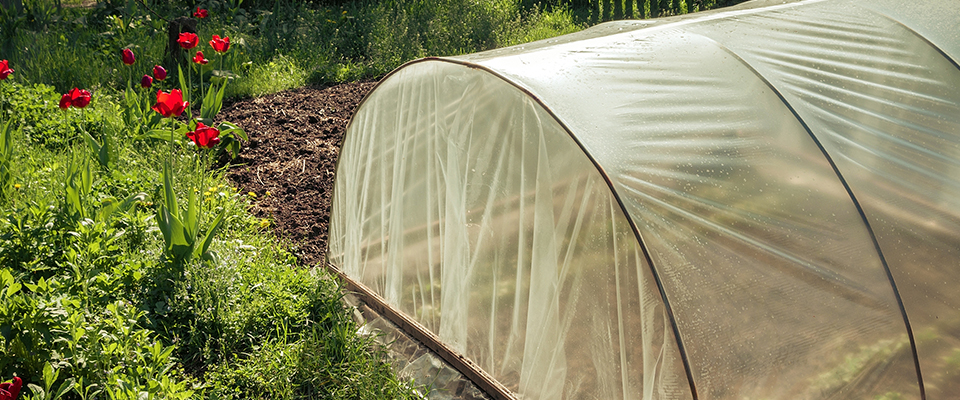
Best Cover Crops to Use
Here’s a countdown of the top winter crops to use in your raised beds:
11. Crimson Clover
Crimson clover is a beautiful cover crop known for its striking red flowers. Beyond its aesthetics, it’s a nitrogen-fixing powerhouse, making it an ideal choice for replenishing soil fertility during the winter months in your raised beds.
10. Rye
Winter rye is a hardy and reliable cover crop that excels at weed suppression. It’s known for stabilizing the soil, even in harsh winter conditions. Planting rye in your raised beds helps prevent soil erosion and maintains its structure.
9. Buckwheat
If you’re looking for a fast-growing cover crop that also attracts pollinators, buckwheat is your go-to option. It not only enhances soil structure but also enriches it with organic matter, making it a versatile choice for winter cover.
8. Hairy Vetch
Hairy vetch stands out for its nitrogen-fixing abilities, enriching your raised bed soil with this essential nutrient. Additionally, it contributes organic matter to the soil and attracts beneficial insects, promoting a healthy ecosystem.
7. White Dutch Clover
This low-growing clover acts as a living mulch, effectively suppressing weeds in your raised beds while providing a steady supply of nitrogen to neighboring plants. Its ability to attract beneficial insects makes it a valuable addition to any winter garden.
6. Field Peas
Field peas offer a dual benefit—they fix nitrogen in the soil and produce edible pea pods. This makes them a practical choice for both soil improvement and adding a tasty harvest to your raised beds during the winter months.
5. Winter Triticale
A robust hybrid of wheat and rye, triticale is an excellent choice for winter weed control and erosion prevention. Its hardy nature ensures it can withstand various winter weather conditions, making it a reliable performer.
4. Annual Ryegrass
Annual ryegrass is known for its rapid growth and effectiveness in suppressing winter weeds. Beyond weed control, it plays a crucial role in erosion prevention and overall soil health improvement, making it an excellent choice for winter cover.
3. Mustard Greens
While primarily serving as a cover crop, mustard greens also offer a delicious addition to your winter culinary endeavors. These greens help with soil improvement while providing you with a flavorful and nutritious winter harvest.
2. Oats
Oats are quick growers that contribute organic matter to the soil when incorporated. They are a practical choice for enriching the soil during the winter months and preventing soil erosion, particularly when used during fallow periods.
1. Oilseed Radish
Taking the top spot in our countdown is oilseed radish. With their deep-reaching taproots, oilseed radishes break up compacted soil layers effectively. This root action enhances soil aeration and nutrient uptake, making it the best winter cover crop for raised bed gardens.
Why Use Winter Cover Crops for Raised Beds?
Now that we’ve unveiled the top 11 winter cover crops, you might wonder why they are worth the effort.
Here are several compelling reasons:
1. Soil Protection
Winter cover crops act as a protective blanket for your raised bed soil, shielding it from harsh winter weather, erosion, and compaction.
2. Weed Suppression
These crops create a natural barrier against winter weeds, reducing the need for time-consuming weeding and ensuring a clean slate for your spring planting.
3. Nutrient Enhancement
Many winter cover crops, like legumes, fix atmospheric nitrogen, enriching the soil with this vital nutrient for your future crops.
4. Organic Matter
As cover crops decompose, they add organic matter to the soil, improving its structure and water retention capabilities.
5. Pest Control
Some cover crops attract beneficial insects that can help control pests in your raised garden.
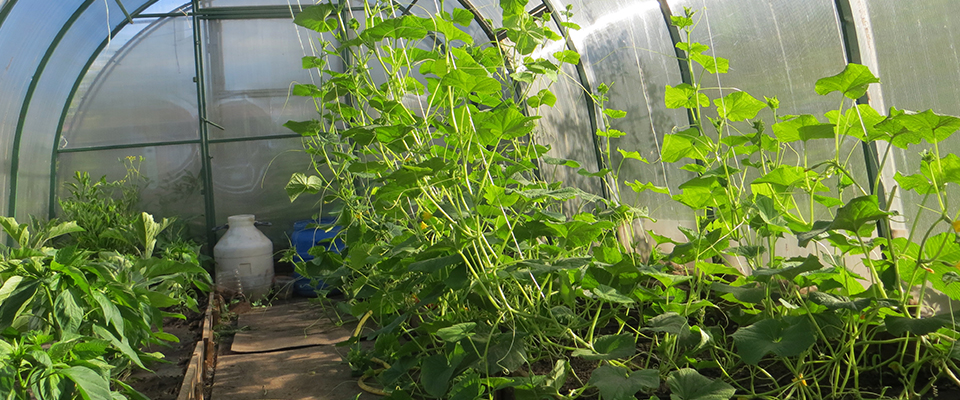
How to Plant Winter Cover Crops
How do you use cover crops for raised beds? Here’s a basic guide to planting them:
- Select Your Cover Crop: Choose a cover crop that suits your specific needs, considering factors like soil improvement, nitrogen fixation, or weed suppression.
- Prepare the Soil: Clear your raised bed of any remaining crops or debris. Loosen the soil to create a favorable environment for the cover crop seeds.
- Sow the Seeds: Broadcast the cover crop seeds evenly over the raised bed’s surface. Follow the recommended seeding rate for your chosen crop.
- Water and Mulch: Water the area thoroughly after seeding to help the seeds establish. Consider mulching with straw or leaves to protect the seeds and retain moisture.
- Monitor Growth: Keep an eye on the cover crop’s progress throughout the winter. Some may require occasional watering if there’s insufficient rainfall.
- Springtime Incorporation: In early spring, when the weather begins to warm, it’s time to incorporate the cover crop into the soil. You can do this by mowing or cutting down the cover crop and turning it into soil, where it will decompose and enrich the earth.
Conclusion
Don’t let your raised bed garden hibernate during the winter months. Instead, harness the power of winter cover crops to protect, enrich, and prepare your soil for the vibrant gardening season ahead.
Whether you choose crimson clover, oilseed radish, or any of the other top 11 winter cover crops, your raised bed garden will thank you with healthier, more productive crops in the spring.
Ready for a fresh start? Be sure to visit your local Homegrown Outlet location to get started!

